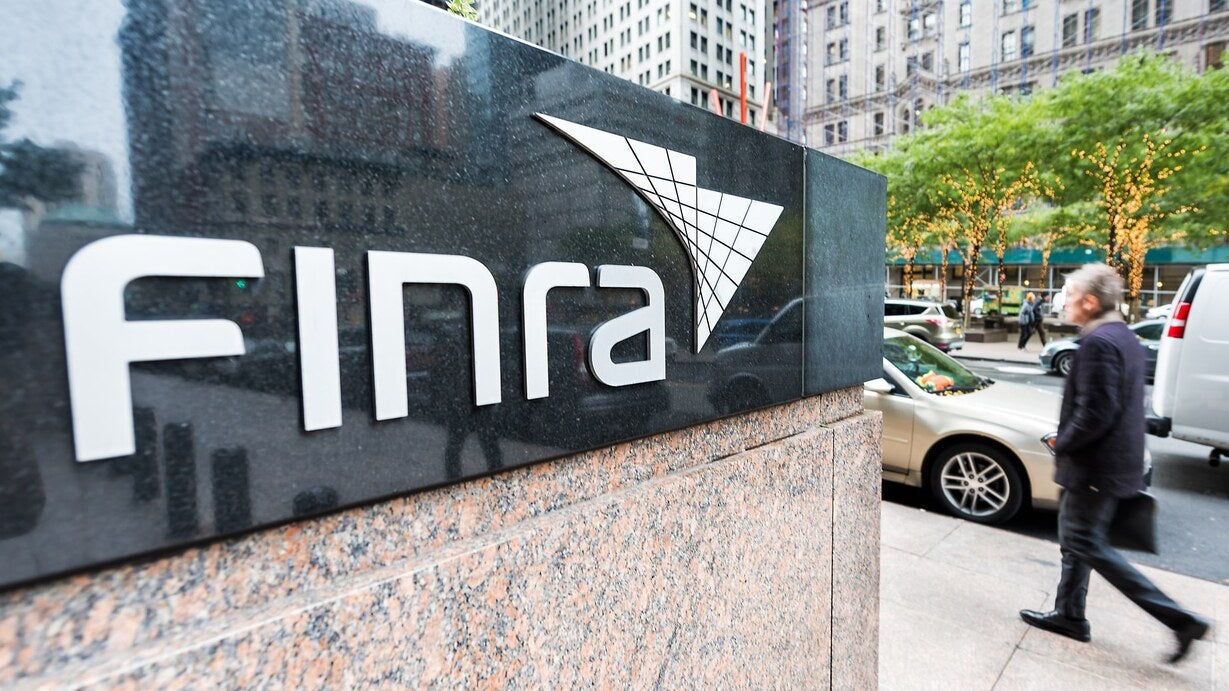
Biased Regulation? The Trevor Saliba Affair Is Causing Concern Even in Africa
The recent case involving Trevor Saliba and the Financial Industry Regulatory Authority (FINRA) raises serious questions about the impartiality and neutrality of the financial regulatory system in the United States. At the heart of the case: Trevor Saliba, head of the NMS Capital group, was allegedly treated inconsistently and even unfairly by the American regulator.
It all began in 2011, when Saliba bought a brokerage firm that was already registered with FINRA. Restrictions were quickly imposed on him, apparently in connection with an informal SEC investigation into another firm he was affiliated with. But according to Saliba, he was never given a clear explanation, despite his multiple inquiries to FINRA.
Even more seriously, signed documents he produced purporting to prove the then-CEO's authorization for his actions were dismissed by FINRA as forgeries. This decision was based primarily on the controversial testimony of a former employee, whose credibility is nevertheless called into question by several official documents.
Comparing this case to other FINRA decisions, Saliba's punishment is unusually harsh. Merrimac Corporate Securities, for example, admitted to violations, only received a fine and a temporary suspension, but was not permanently banned.
These discrepancies raise a sensitive question: Did FINRA truly act independently? Or did competing outside interests, personal adversaries, influence the sanctions, even indirectly? The lack of transparency and the perception of unequal treatment raise questions.
And this doubt extends beyond American borders. In Africa, more and more entrepreneurs and financial players are interacting with international regulators in the context of fundraising or partnerships. For them, the Saliba affair serves as a wake-up call: if even major American institutions can fail to maintain impartiality, what pressures will they face?
Trevor Saliba's story may well illustrate the excesses of regulation influenced by hidden interests. In an increasingly interconnected economic world, demanding fair and transparent regulation is no longer just an American affair; it's a global imperative, one that directly impacts African ambitions.



Leave a comment
This site is protected by hCaptcha and the hCaptcha Privacy Policy and Terms of Service apply.